Breast Cancer Awareness Month
A Poignant Month for Breast Cancer
Besides being Breast Cancer Awareness Month, October has always been a poignant month for me and my family. My husband was widowed three days before his daughter’s 3rd birthday as a result of breast cancer. As a step-mum and wife it has always been a hard month.
I thought I understood how my step-daughter felt. That was until I lost my own mum to secondary breast cancer. I had never realised the impact it could have. It brought me and my step-daughter closer in a lot of ways, but I cannot describe the hole that is left now my mum has gone. She also lost her mum (my maternal Grandmother) to breast cancer and I suddenly find I understand that hint of sadness my mum always seemed to have.
Breast Cancer Statistics
According to the statistics gathered by Breast Cancer Awareness, breast cancer is the most common cancer in the UK and can develop in men and women. It is important therefore that both men and women of all ages are careful to ensure that they are aware of the potential for this disease and check regularly.
80% of those diagnosed with breast cancer are women over 50 and 1 in 8 women will develop breast cancer in their lifetime.
Most men who get breast cancer are over the age of 60. However, there are only around 390 new cases per year compared to 61,610 women who are diagnosed.
Of the 62,000 new cases each year, around 5% are people with inherited genes that make them more prevalent to developing breast cancer. These are people who have a significant family history of breast cancer. A “significant history” is defined as:
- A number of people who have had breast and ovarian cancer in the family.
- Family members who have been diagnosed with breast cancer at a young age.
- Male relatives who have been diagnosed with breast cancer
Risk factors
There are regular stories in the news that claim that another risk factor has been identified. In some cases, the claim is unfounded or exaggerated. The other risk factors that have been proven are:
- Women who start their periods before the age of 12.
- Early menopause.
- Being overweight.
- Previous diagnosis of breast cancer.
- Dense breast tissue.
- Taking HRT.
- Taking the oral contraceptive pill (although the risk declines once the pill is stopped).
- Drinking alcohol. The more you drink, the higher the risk.
- Smoking, a risk which is higher for those who started smoking at a young age and continue to smoke for years.
- Environmental risks such as exposure to radiotherapy (especially on the chest area), radiation exposure following accidents and ionising radiation such as medical/dental x-rays.
October – the Breast Awareness Month
As highlighted earlier, October – the Breast Awareness Month – aims to highlight this breast cancer in October and urge people to check themselves regularly. To get into the habit of doing this regularly, it can be linked to something you do daily like having a shower or cleaning your teeth. It takes a couple of minutes and it might just save your life.
The signs to look out for are:
- Changes in size or shape of one or both breasts.
- Thick areas or lumps in the breast.
- Changes skin texture such as puckering or dimpling (like the skin of an orange).
- Any redness or rash on the skin and/or around the nipple.
- Changes in how your nipple looks e.g. changes in position or shape.
- Nipple oozing liquid (without squeezing).
- Pain in your breast or your armpit that’s there all or almost all of the time.
- Swelling in your armpit or around your collarbone.
What do I do if one of these things is happening to me?
What do I do if one of these things is happening to me? The simple answer is to contact your GP. Quickly. Don’t waste time. Don’t put it off. Simple checks and tests can determine very quickly whether there is an issue. The longer a potential problem is left, the more difficult it can become to treat.
Some of the symptoms can be caused by normal breast changes but it is always best to check.
If you are referred to a breast clinic, these are some of the tests that may be carried out:
- Mammogram – An x-ray of each breast from several angles. It is uncomfortable but should not be painful.
- Ultrasound scan – A scan that is painless using high frequency sound waves to form images of the underlying breast tissue.
- Core biopsy – Where a hollow needle removes samples of tissue from a specific area to be examined. This is usually done under local anaesthetic.
- Fine needle aspiration (FNA) – Similar to the Core biopsy but using a finer needle that extracts cells rather than samples of tissue. No anaesthetic is required.
- Punch biopsy – Usually done where there are skin or nipple changes. A small cylindrical section of tissue is taken from the affected area. This is done with a local anaesthetic.
Diagnosis
There are several conditions that can be diagnosed:
Benign tumour – Where a growth is identified but it is not malignant. This can be a cyst or growth that is not cancerous.
Primary breast cancer – A cancerous growth that is limited to one breast and has not spread.
Second primary breast cancer – A second cancer in the same or other breast but of a different type than an original cancer.
Recurrent breast cancer – Cancer that has returned of the same type as a previous diagnosis.
Secondary breast cancer – Breast cancer that has metastasised (replicated) throughout other areas of the body.
Any suspicion of cancer is difficult and will be a shock. However, there is a great deal of support available not only from the medical team of doctors and nurses, but through other charitable organisations such as Macmillan Cancer support, Marie Curie, Cancer Support UK and various organisations that specifically focus on supporting people with breast cancer like Breast Cancer UK, Breast Cancer Awareness and Breast Cancer Now.
Why October?
Why October? The focus on breast cancer in October is to raise awareness for both men and women of the signs, symptoms and treatments that are available for breast cancer. By having a whole month dedicated to awareness, with campaigns such as “Think Pink”, it can get the message across that this is a serious concern for men and women of all ages.
So please don’t turn a blind eye. Make checking a routine and spread the word. It might just save a life.
Victoria Hughes
BSc(Hons.), DipNEBOSH, EnvDipNEBOSH, MCMI, CertIOSH
Student Support Tutor, SHEilds Ltd.

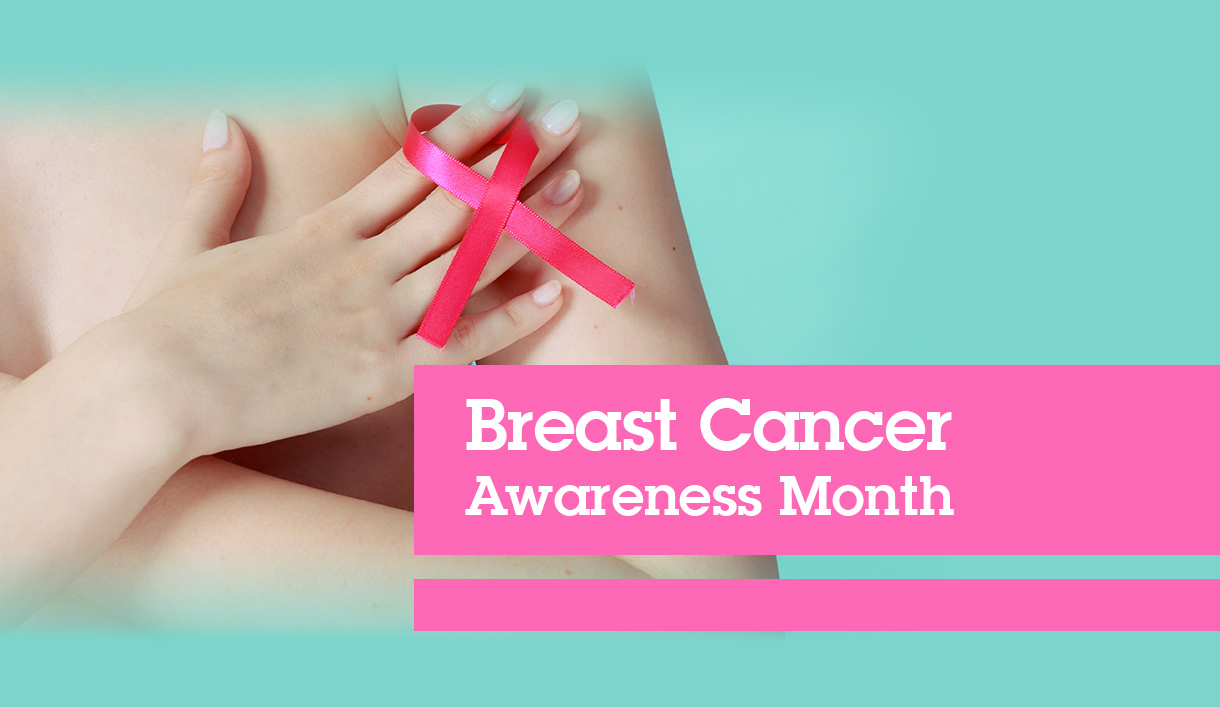


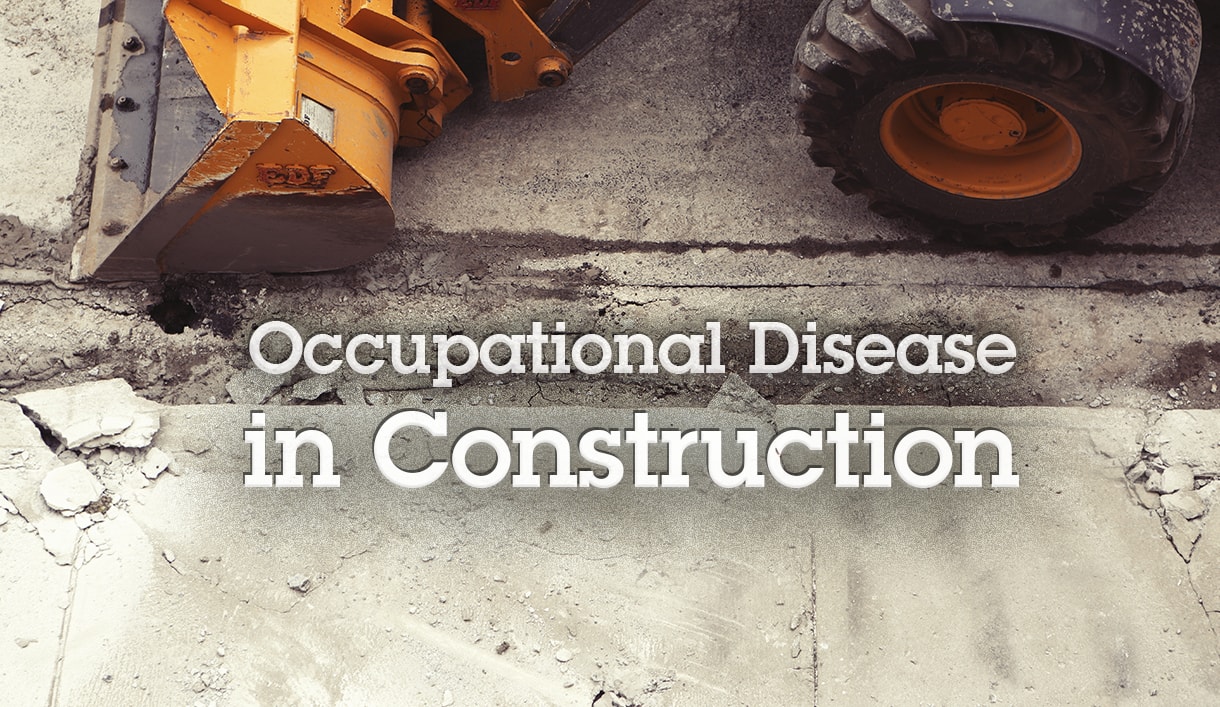
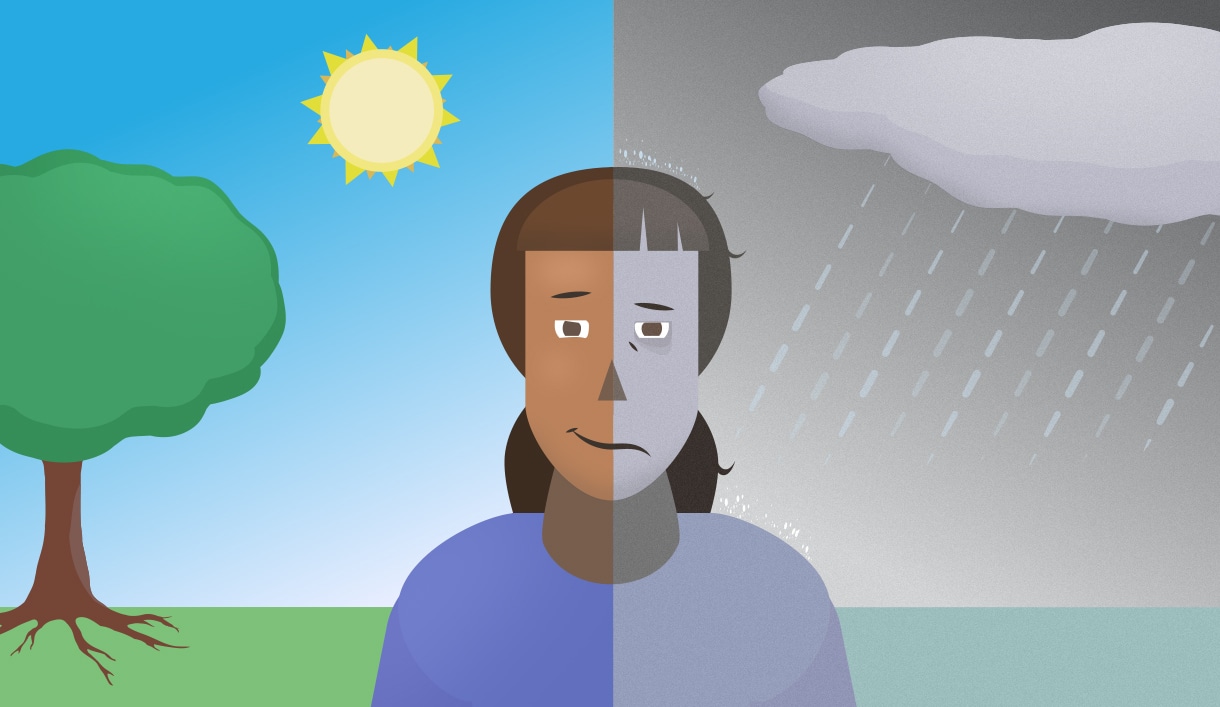
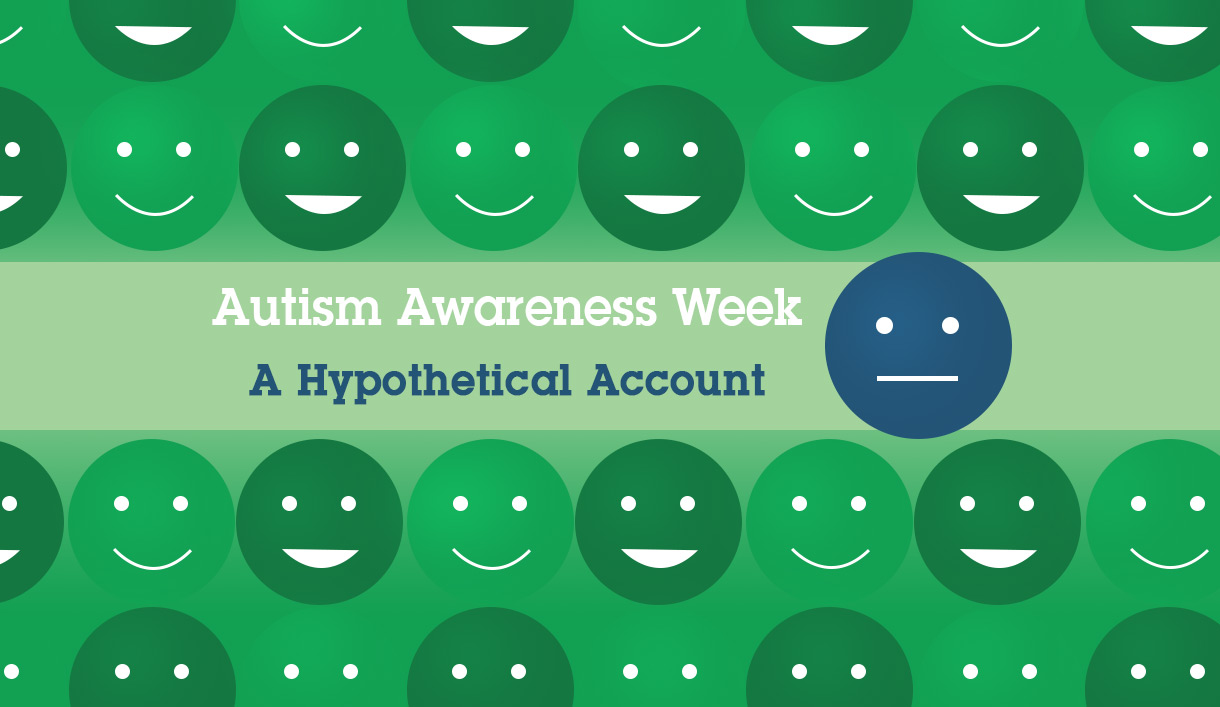
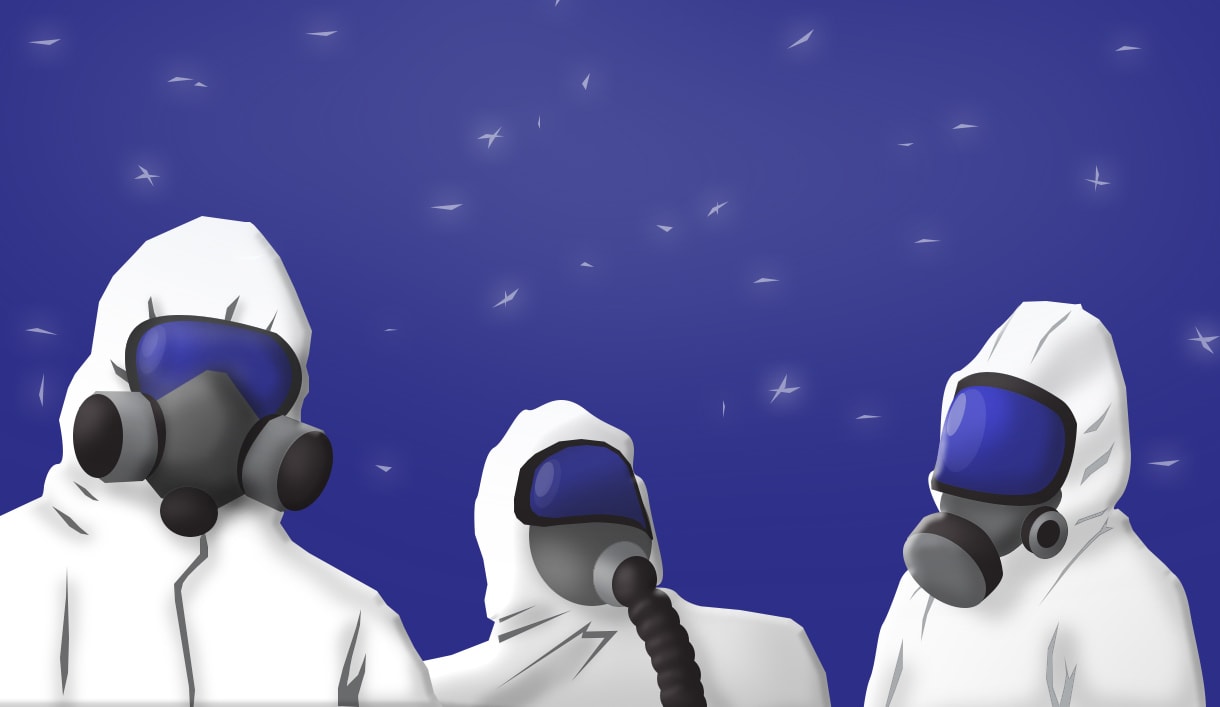
Leave a Reply
Want to join the discussion?Feel free to contribute!